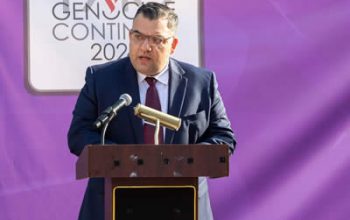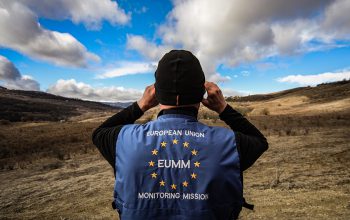A recent undercover investigation, reported by The Guardian, has sparked controversy surrounding the upcoming Cop29 climate summit in Baku. Elnur Soltanov, Azerbaijan’s deputy energy minister and CEO of Cop29, was recorded in conversations with a fake oil and gas group, allegedly agreeing to facilitate fossil fuel deals in exchange for sponsoring the event. Soltanov reportedly offered to connect the group with the state oil company, Socar, to explore potential investment opportunities. The incident has intensified calls from environmental activists to ban fossil fuel interests from participating in future Cop negotiations.
The revelations show that Cop29 officials were not only willing to ease climate-related sponsorship requirements but also added provisions to grant the fake investors exclusive meetings with key energy stakeholders. This contradicts the principles outlined by the UN Framework Convention on Climate Change (UNFCCC), which mandates that officials act without personal gain. Despite previous commitments made at Cop28 to transition away from fossil fuels, Soltanov emphasized a long-term role for oil and gas, describing natural gas as a “transitional fuel” that could be in use indefinitely.
Critics argue that such actions undermine the integrity of Cop summits, especially as the world grapples with the escalating impacts of climate change. The investigation, conducted by the campaign group Global Witness, revealed how climate requirements could be waived for sponsors willing to fund the summit. Global Witness has urged the UNFCCC to take decisive action by barring fossil fuel sponsors from future events. This scandal echoes similar concerns from Cop28 in the UAE, where leaked documents suggested that the host used climate talks to promote its national oil interests. As Cop29 prepares to commence, pressure mounts on the UNFCCC to ensure transparency and genuine commitment to climate goals. The full article by Helena Horton can be accessed at The Guardian.




